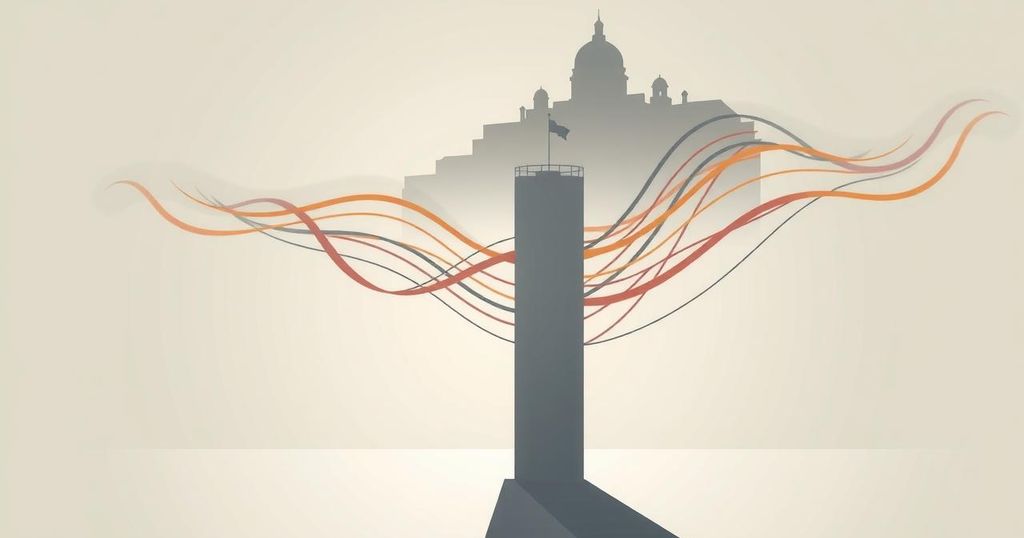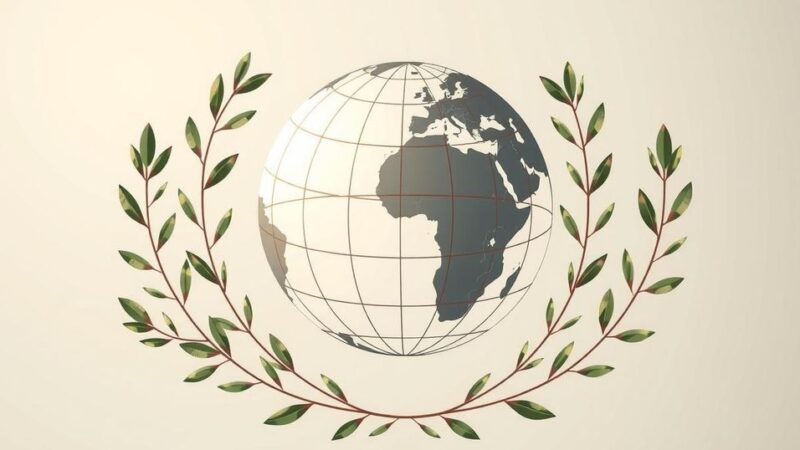Chancellor Olaf Scholz criticized US Vice President JD Vance for endorsing the far-right AfD party, stressing that Germany does not accept foreign interference in its electoral processes. Vance’s controversial statements at the Munich Security Conference suggested threats to Europe emanated from internal issues, and his subsequent meeting with AfD leadership has drawn significant criticism, especially ahead of upcoming elections in Germany.
German Chancellor Olaf Scholz has expressed strong disapproval of US Vice President JD Vance’s recent remarks supporting the far-right AfD party, emphasizing that Germany will not tolerate interference in its democratic processes by outsiders. At the Munich Security Conference, Scholz stated, “We will not accept outsiders interfering in our democracy, our elections, and democratic opinion formation process in favor of this party, especially not friends and allies.” He underlined the resolve of Germany to shape its own democratic future.
Vice President Vance’s speech has been met with significant backlash after he criticized the stance of European governments against far-right entities, asserting that Europe was forsaking fundamental democratic values. He claimed that the greatest threat to Europe does not come from external forces like Russia or China, but originates within, calling attention to what he deems a retreat from core principles. His comments about the European Union’s restrictions on social media freedoms and the dismissal of election results by courts raised eyebrows among attendees.
Vance’s meeting with AfD Co-Chair Alice Weidel shortly after his speech was viewed as a diplomatic misstep, particularly in light of the upcoming German parliamentary elections on February 23. His accusations against the German government indicated a desire for a collaborative approach with the AfD, which mainstream parties have resisted due to the party’s controversial and anti-democratic positions. The organizers of the conference opted not to extend an invitation to Weidel, underlining their stance against her extremist political views.
Chancellor Scholz’s condemnation of Vice President Vance highlights the sensitivity surrounding external influences in German electoral politics. Scholz’s statements reaffirm Germany’s commitment to its democratic integrity, while Vance’s assertions reflect tensions regarding far-right movements in Europe. The interactions at the Munich Security Conference underscore the delicate balance between political discourse and diplomatic propriety, particularly as Germany approaches pivotal elections.
Original Source: www.aa.com.tr






